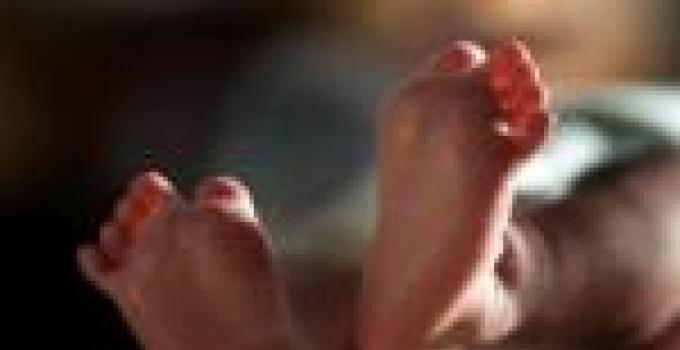Doctors at the Komfo Anokye Teaching Hospital in the Ashanti Region say there is increased number of babies born with no visible anal opening.
At least three babies undergo surgery to correct the abnormality at the facility every month, Doctors have revealed.
Head of Pediatrics Unit at the Komfo Anokye Teaching Hospital, Dr Michael Amoah, told Luv FM's Kwasi Debrah that the alarming rate of the babies born with the abnormality calls for intensive antenatal interventions.
It is estimated that one in every 5,000 births has the condition, however, Dr Amoah says in Ghana “it is even more than the one in every 5,000 birth exists everywhere.”
Anorectal Malformation, or Imperforate Anus, is a spectrum of abnormalities of the rectum and anus.
There are many possible abnormalities as follows:
- The absence of an anal opening.
- The anal opening in the wrong place.
- A connection, or fistula, joining the intestine and urinary system.
- A connection joining the intestine and vagina.
- In females, the intestine can join with the urinary system and vagina in a single opening, known as a cloaca.
Dr Amoah said the situation, which can be life-threatening can affect other parts of the body.
The condition usually requires immediate surgery to create an opening for the passage of stool. In the case of female, stool may be allowed to pass through the genitals until corrective surgery is performed.
Like many diseases, nutritional deficiencies and chemical contamination are among the causes.
"Common among them is folic acid deficiency. If the folic acid level in the blood is not up a certain minimum required level then the feotus stands the chance of being born with this condition," Dr Amoah explains.
He said pregnant women who drink and smoke are likely to give birth to babies with Anorectal Malformation.
Meanwhile, a group of Ghanaian medical students have taken up the initiative to cater for the treatment of childrent with the condition. Through their intervention six children have successfully undergone corrective surgeries.

